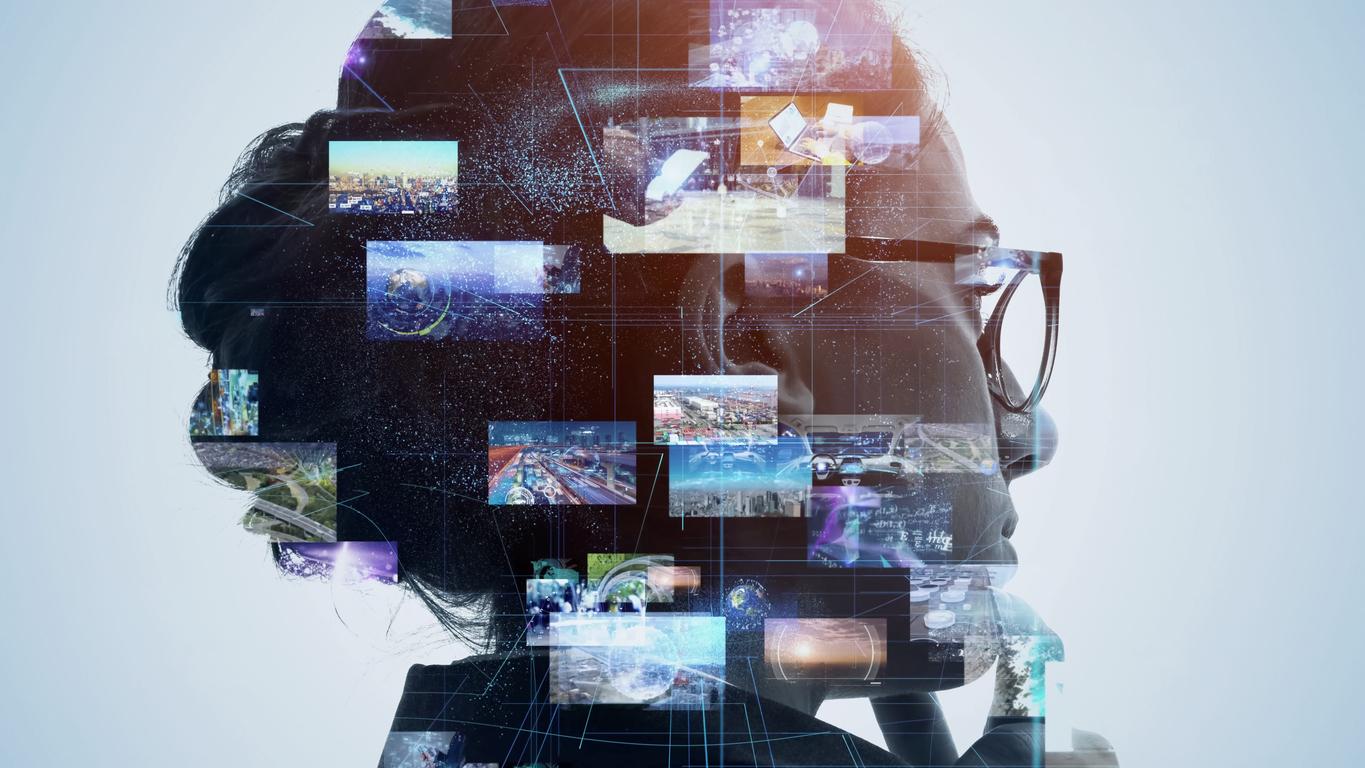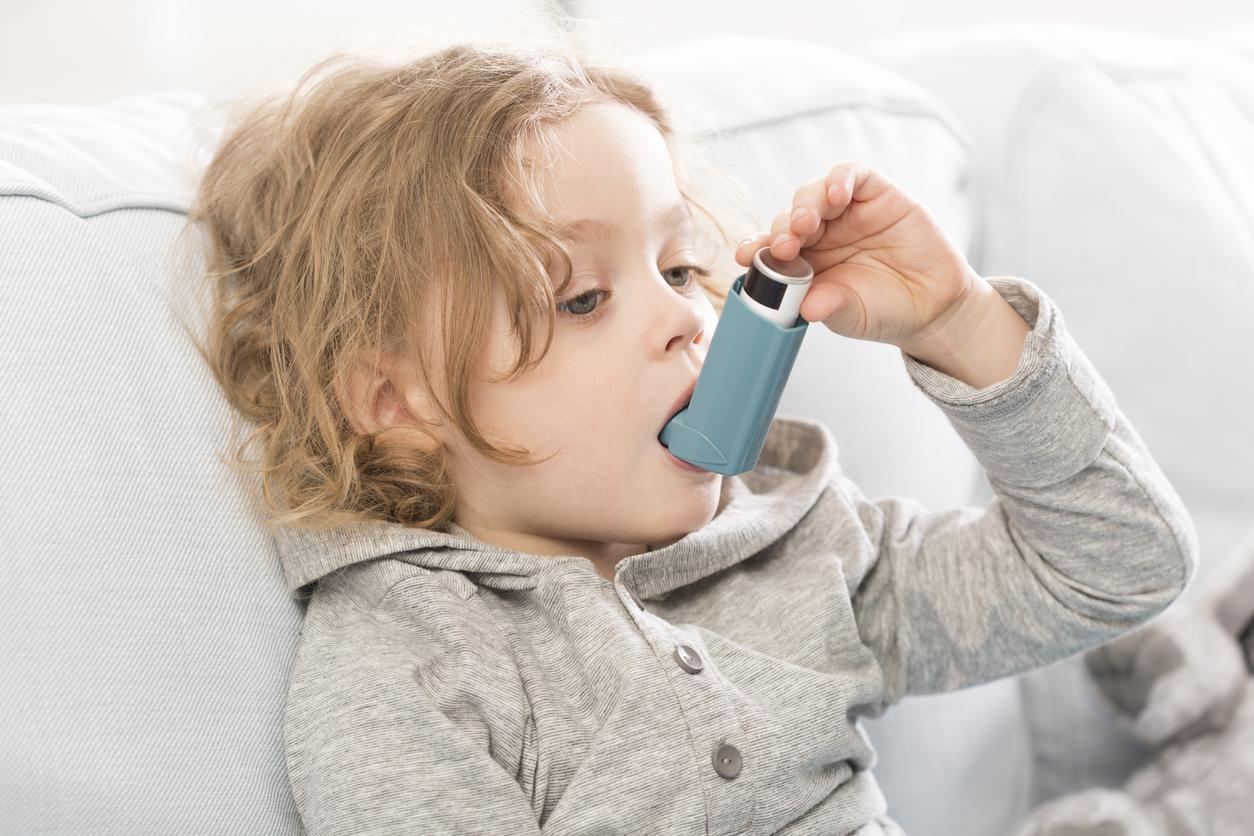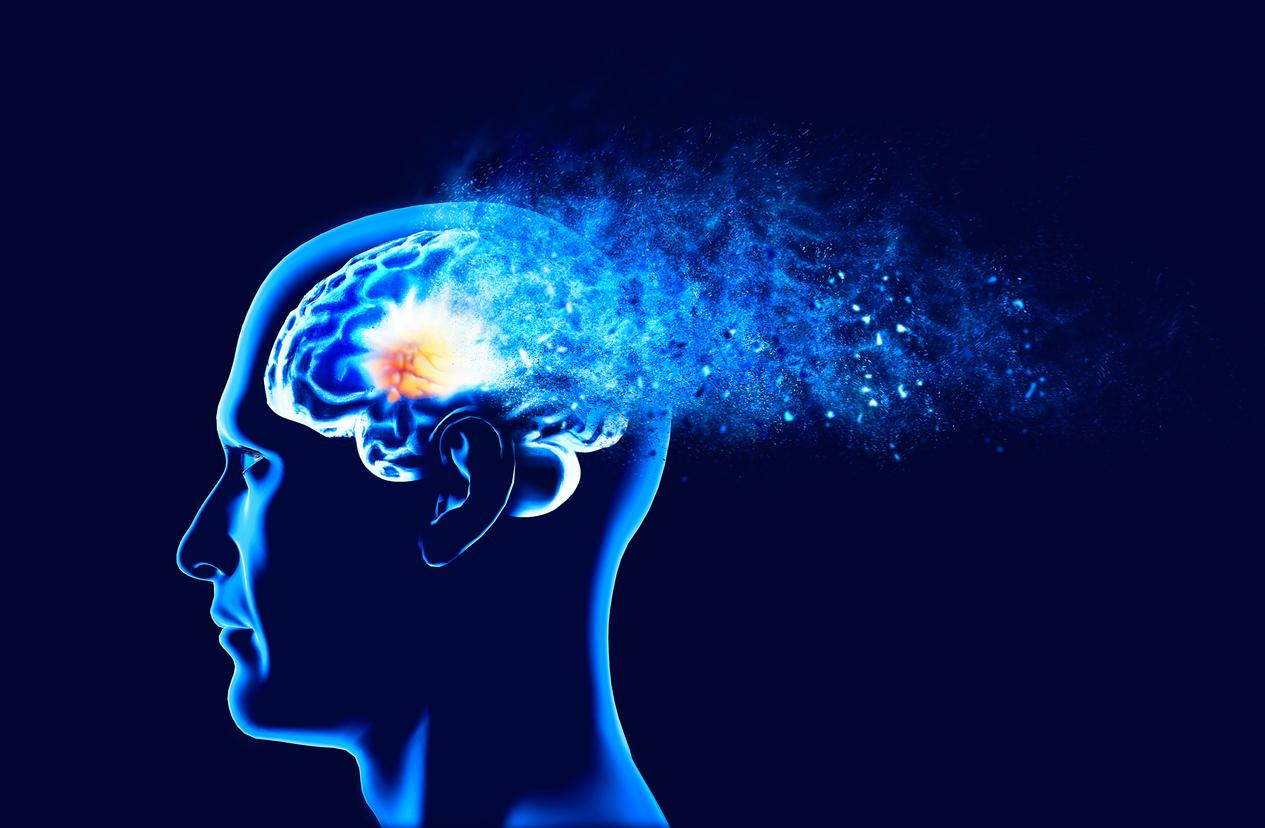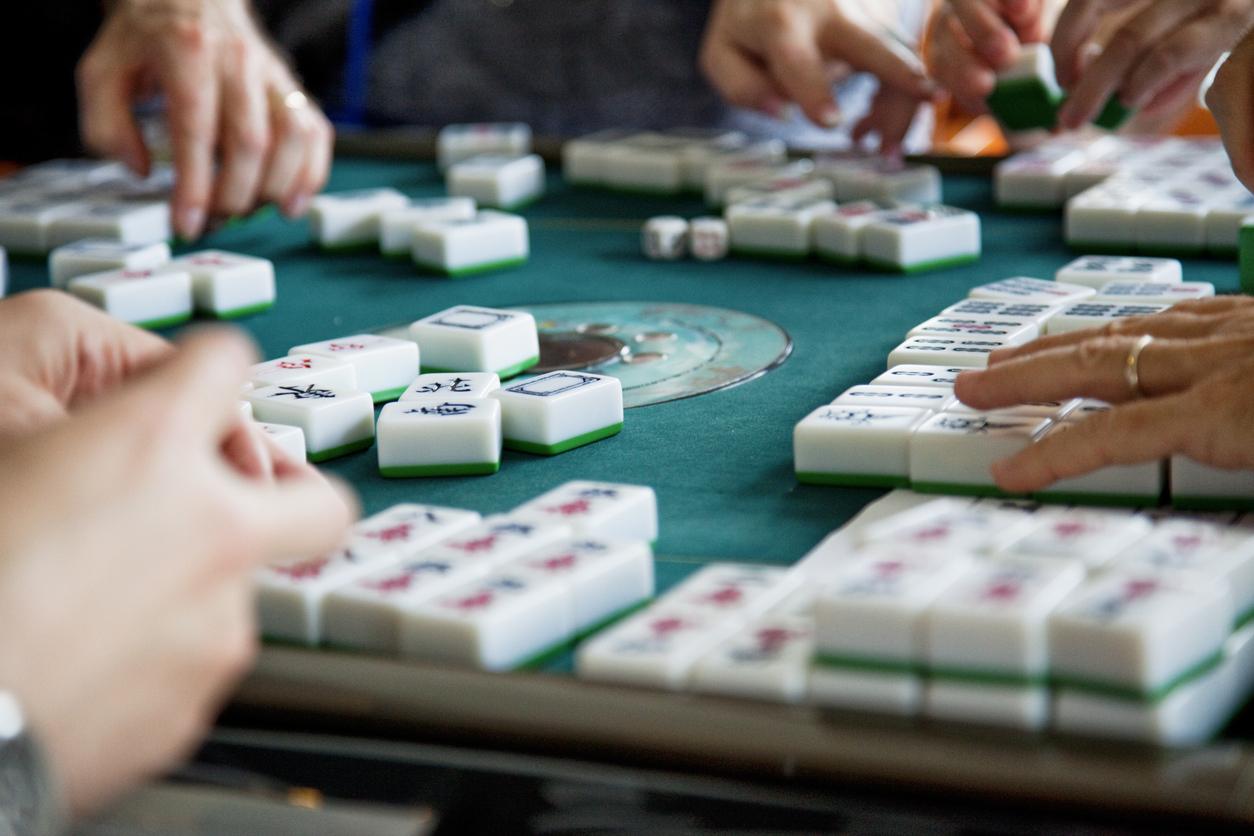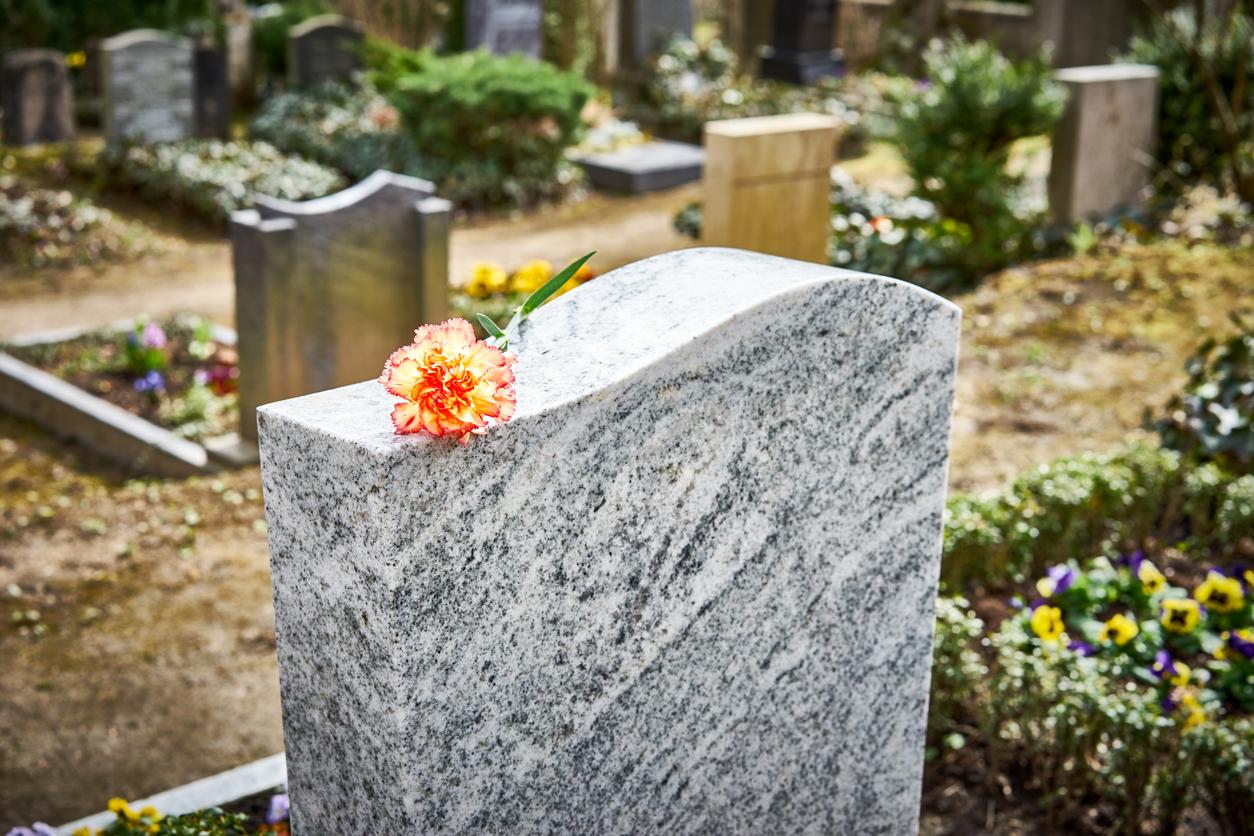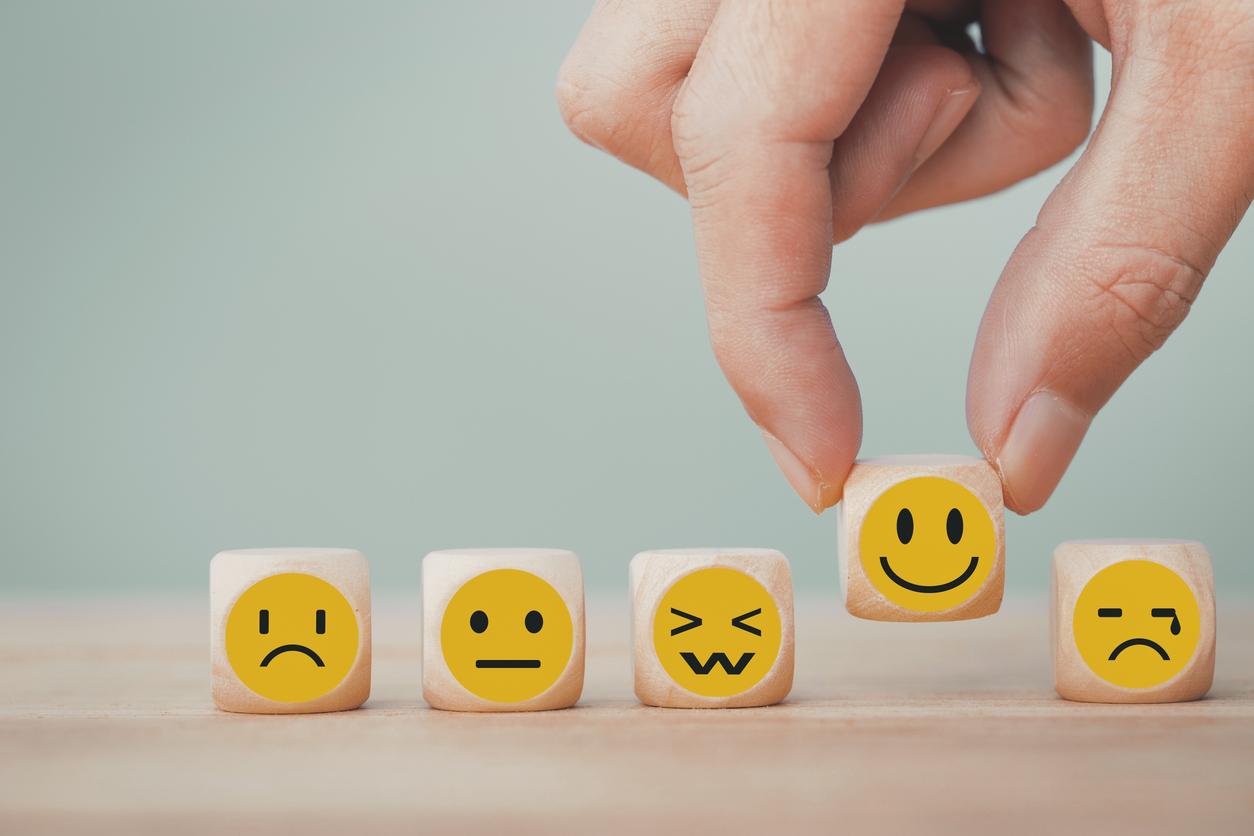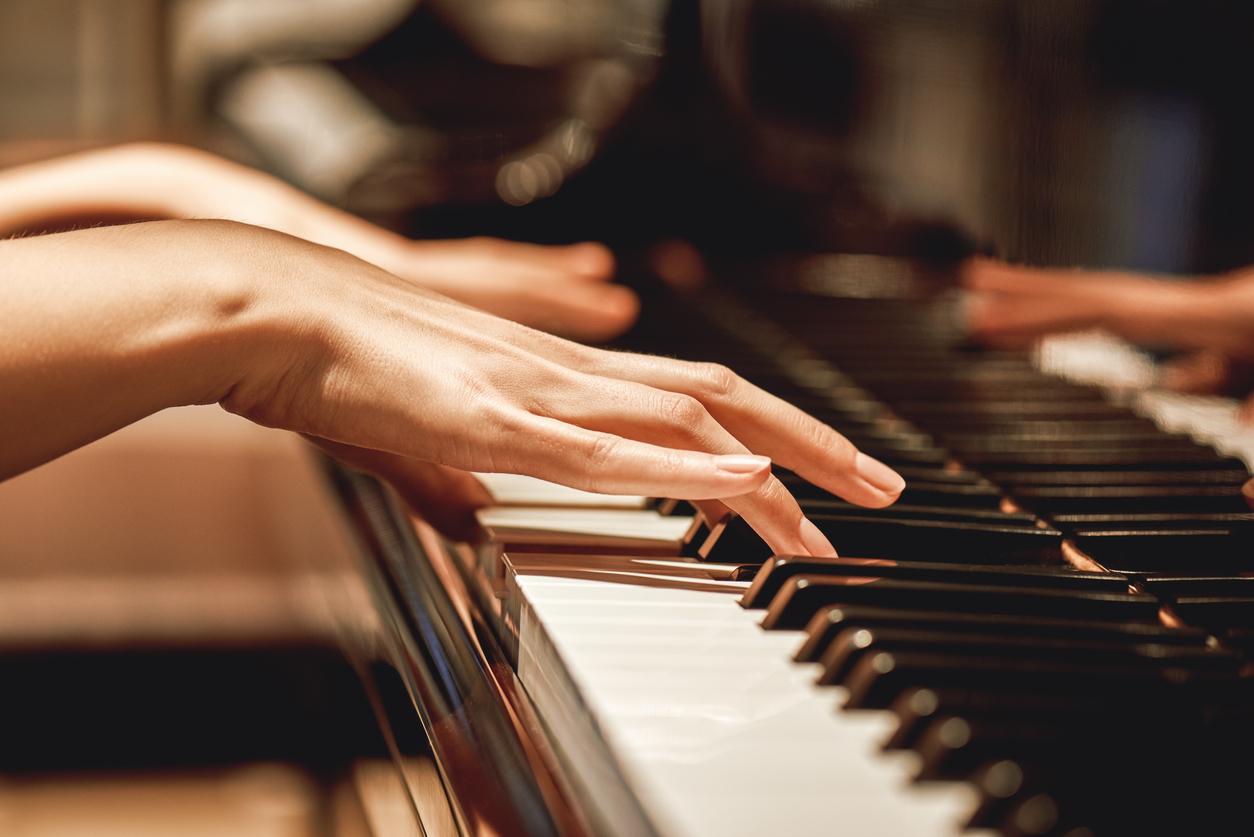American scientists have discovered that “targeted reactivation of memory” during deep sleep can remember the first names of people recently met and attach faces to these names.

- The reactivation of memories during deep sleep improves memory capacities after waking up.
- People with longer durations of deep sleep had better memories and recalled names associated with faces more.
Some people find it hard to put a name to a face. In some situations, especially at work or after a meeting with his in-laws, this memory lapse can be embarrassing. “Like many other memory functions, the ability to remember a person’s face and name may be sleep-dependent”according to scientists at Northwestern University in the United States.
To find out if a technique called “targeted memory reactivation” (TMR), which would facilitate the memorization of information, during deep sleep could improve the associative and perceptual aspects of the memory of faces, the researchers carried out a study . The results of the latter were published in the journal NPJ Science of Learning January 12.
A nap to assess memory
In order to carry out the research, the authors invited 24 people to take a nap. Before falling asleep, the latter saw 80 faces and the first names associated with these heads, which they had to memorize. Participants were hooked up to an electroencephalogram, a device that measures and records electrical activity in the brain.
During their sleep, the scientists broadcast voice recordings of the first names read by the participants before falling into the arms of Morpheus, but also Japanese and Latin music. After this experiment, the researchers assessed the participants’ memory by examining their brain activities, specifically the hippocampus (the region of the brain responsible for long-term memory).
The memory of a name and a half more
“This experiment preferentially improved name recall and face recognition for reactivated face-name pairs. Memory benefits were positively correlated with duration of deep sleep and negatively correlated with disruption of deep sleep”, can we read in the results. According to the researchers, when they woke up, the participants remembered an average of one and a half names more than before the nap.
“We conclude that reactivating memories of names associated with faces during sleep may facilitate memorization and that the effectiveness of this reactivation depends on uninterrupted deep sleep”, specified the authors of the study.
.










